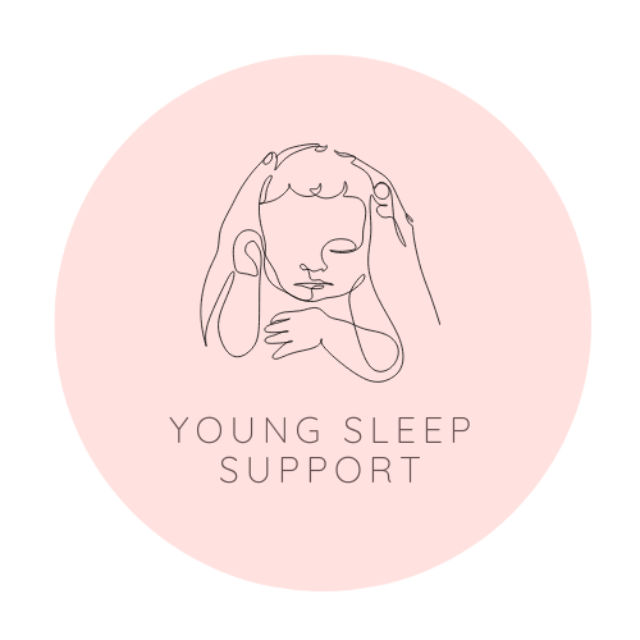welcome to the
Young Sleep Support Blog
Your home for all things gentle sleep support.

FEATURED POST
Contact naps aren't bad habits. Here's what the science actually says.
Worried contact naps are creating bad habits? Learn what science says + gentle approaches to nap transitions.
READ THE POST →LATEST POSTS
MEET THE BLOGGER
About Shannon
Hello! I'm Shannon - a triple certified Sleep Coach, attachment advocate, and reformed sleep-deprived mama of two. I know exactly how it feels to be running on empty, wondering if you’ll ever sleep again. That’s why I’ve spent years studying infant sleep, attachment theory, and gentle methods that actually work.
After helping 500+ families find their way back to rest, I can promise you this: you don’t have to choose between sleep and connection. Let’s get your family sleeping better, without the guilt.
GET TO KNOW ME →







